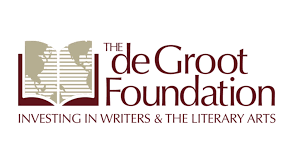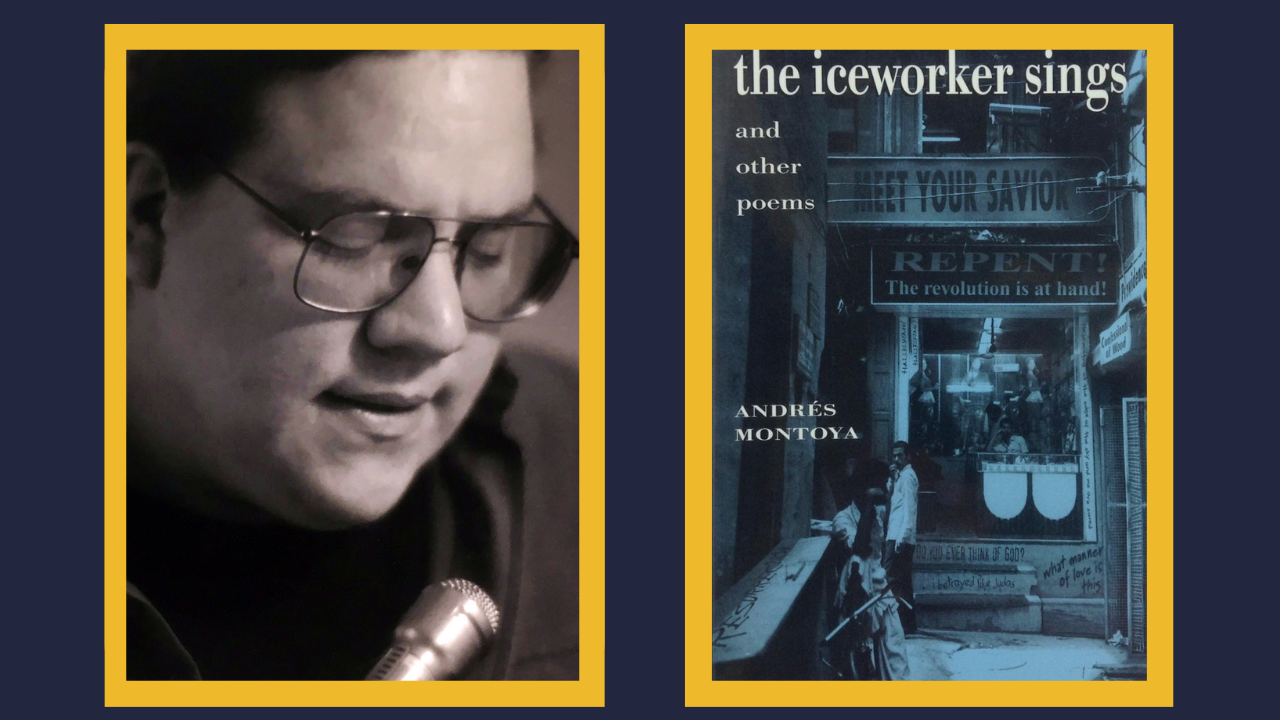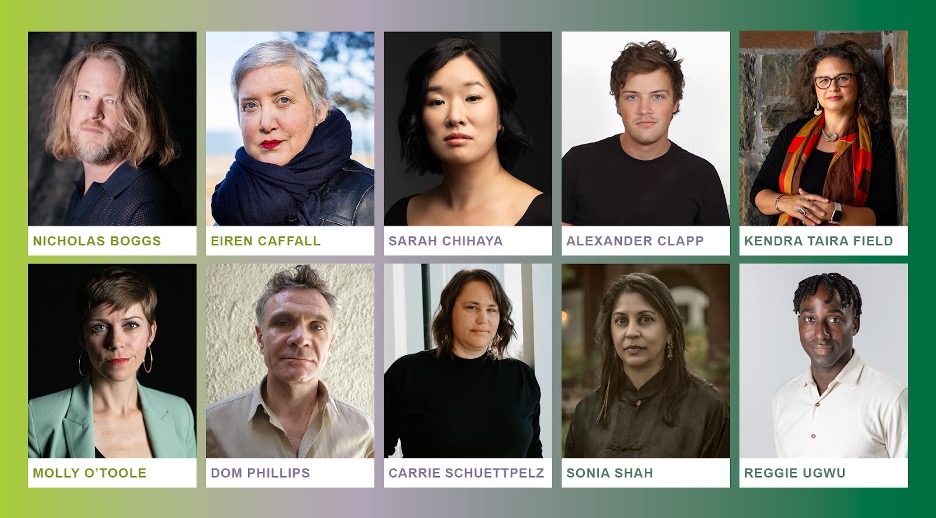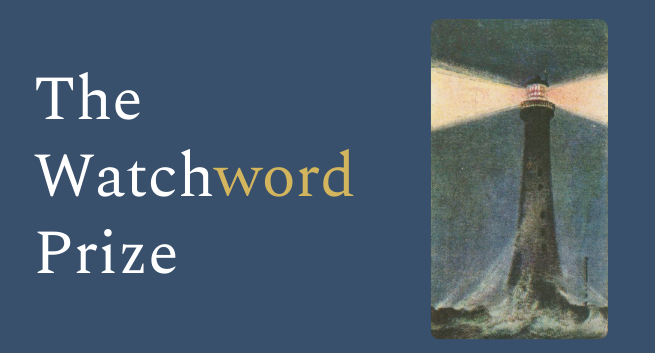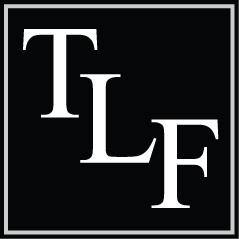What better way to end the year than by giving contests that recognize emerging and established writers in various genres a shot? Prizes with a December 31 deadline include $20,000 (and three $1,000 prizes for finalists) for a unified and complete sequence of poems published in the United States; $15,000 and travel and lodging expenses to attend an awards ceremony in Baton Rouge, Louisiana, for a book of fiction by an emerging African American writer; and $1,000 plus publication for a chapbook of short fiction, short nonfiction, or graphic narrative. Eleven contests consider all entries for publication. Read on to learn more, and best of luck!
American Library Association
W.Y. Boyd Literary Award
A prize of $5,000 is given annually for a novel published in the current year that is set in a period when the United States was at war. Entry fee: None.
Baton Rouge Area Foundation
Ernest J. Gaines Award for Literary Excellence
A prize of $15,000 is given annually to an emerging African American writer for a book of fiction published in the current year. The winner also receives travel and lodging expenses to attend an awards ceremony and participate in educational outreach events in Baton Rouge, Louisiana, in 2024. Anthony Grooms, Edward P. Jones, Elizabeth Nunez, Francine Prose, and Patricia Towers will judge. Entry fee: None.
Before Columbus Foundation
American Book Awards
Awards are given annually for books published in the United States during the current year to recognize “outstanding literary achievement from the entire spectrum of America’s diverse literary community.” Anyone, in addition to writers and publishers, may submit nominations for the awards. Entry fee: None.
Black Caucus of the American Library Association
Literary Awards
Four prizes of $1,000 each are given annually for a poetry collection, a first novel, a book of fiction, and a book of nonfiction (including creative nonfiction) by African American writers published in the United States in the current year. The awards honor books that depict the “cultural, historical, or sociopolitical aspects of the Black Diaspora.” Entry fee: None.
Boulevard
Short Fiction Contest for Emerging Writers
A prize of $1,500 and publication in Boulevard is given annually for a short story by a writer who has not published a nationally distributed book. The editors will judge. All entries are considered for publication. Entry fee: $18.
Burnside Review
Press Book Contest
A prize of $1,000, publication by Burnside Review Press, and 10 author copies is given annually for a poetry collection. Arda Collins will judge. English translations of works originally written in another language are accepted. Entry fee: $25.
Cleveland Foundation
Anisfield-Wolf Book Awards
Three to four prizes of $10,000 each are given annually for a poetry collection, a book of fiction, and a book of nonfiction (including creative nonfiction) published during the current year “that contribute to our understanding of racism and our appreciation of cultural diversity.” Rita Dove, Henry Louis Gates Jr., Joyce Carol Oates, Steven Pinker, and Simon Schama will judge. Entry fee: None.
Crosswinds
Poetry Contest
A prize of $1,000 and publication in Crosswinds is given annually for a single poem. April Ossmann will judge. All entries are considered for publication. Entry fee: $20.
Griffin Trust for Excellence in Poetry
Griffin Poetry Prize
A prize of $130,000 Canadian (approximately $96,748) is given annually for a poetry collection published during the current year and written in, or translated into, English. Should the prize-winning book be a translation, 60 percent of the prize is awarded to the translator and 40 percent to the poet. Finalists each receive $10,000 Canadian (approximately $7,442) for their participation in the Griffin Poetry Prize Shortlist Readings held in Toronto. Entry fee: None.
Hub City Press
C. Michael Curtis Short Story Book Prize
A prize of $5,000 and publication by Hub City Press is given biennially for a short story collection. Writers who have not published more than one book in any genre and who currently reside in Alabama, Arkansas, Florida, Georgia, Kentucky, Louisiana, Mississippi, North Carolina, South Carolina, Tennessee, Texas, Virginia, or West Virginia and who have lived there for at least two consecutive years are eligible. Maurice Carlos Ruffin will judge. Entry fee: $25.
Lascaux Review
Lascaux Prize in Short Fiction
A prize of $1,000 and publication in Lascaux Review is given annually for a short story. Previously published and unpublished stories are eligible. All entries are considered for publication. Entry fee: $15.
LitMag
Virginia Woolf Award for Short Fiction
A prize of $2,500 and publication in LitMag is given annually for a short story. The winner will also have their work reviewed by agents from Bankoff Collaborative, the Bent Agency, Brandt & Hochman, Folio Literary Management, InkWell Management, Sobel Weber Associates, and Triangle House Literary. The editors will judge. All entries are considered for publication. Entry fee: $20.
Livingston Press
Tartt Fiction Award
A prize of $1,000, publication by Livingston Press, and 60 author copies is given annually for a first collection of short stories by a U.S. citizen. All entries are considered for publication. Entry fee: None.
Michigan Quarterly Review
Jesmyn Ward Prize in Fiction
A prize of $2,000 and publication in Michigan Quarterly Review is given annually for a short story. David Lynn will judge. All entries are considered for publication. Entry fee: $25.
Michigan Quarterly Review
Laurence Goldstein Prize in Poetry
A prize of $1,000 and publication in Michigan Quarterly Review will be given annually for a single poem. Lawrence Joseph will judge. All entries will be considered for publication. Entry fee: $20.
The Moth
Poetry Prize
A prize of €6,000 (approximately $6,572) and online publication in the Irish Times is given annually for a single poem. Three runner-up prizes of €1,000 (approximately $1,095) each and online publication in the Irish Times are also given. The four shortlisted poets, including the winner, will also be invited to read at an online awards ceremony in spring 2024. Hannah Sullivan will judge. Entry fee: €15 (approximately $16).
Ohio University Press
Hollis Summers Poetry Prize
A prize of $1,000 and publication by Ohio University Press is given annually for a poetry collection. Entry fee: $30.
Plentitudes
Prizes in Fiction, Nonfiction, and Poetry
Three prizes of $1,000 each and publication in Plentitudes will be given annually for a single poem, a short story, and an essay. Mahtem Shiferraw will judge in poetry, Joss Lake will judge in fiction, and Daniel Allen Cox will judge in nonfiction. All entries will be considered for publication. Entry fee: $20.
Poetry Society of America
Four Quartets Prize
A prize of $20,000 is given annually for a unified and complete sequence of poems published in the United States in a print or online journal, a chapbook, or a book during the current year. Three finalists, including the winner, will receive $1,000 each. Entry fee: None.
Poetry Society of America
Robert H. Winner Memorial Award
A prize of $2,500 and publication on the Poetry Society of America website is given annually to a poet over 40 who has published no more than one book. Nathan McClain will judge. Entry fee: $15 (there is no entry fee for PSA members). Visit the website for complete guidelines.
Poetry Society of America
Alice Fay Di Castagnola Award
A prize of $1,000 and publication on the Poetry Society of America website is given annually for poetry from a manuscript-in-progress. Lucy Ives will judge. Entry fee: $15 (there is no entry fee for PSA members).
Press 53
Award for Short Fiction
A prize of $1,000, publication by Press 53, and 53 author copies is given annually for a story collection. Claire V. Foxx will judge. Entry fee: $30.
Tupelo Press
Dorset Prize
A prize of $3,000, publication by Tupelo Press, and 20 author copies is given annually for a poetry collection. The winner also receives a two-week residency at Gentle House in Port Angeles, Washington. Shane McCrae will judge. All entries are considered for publication. Entry fee: $30.
University of Tampa Press
Danahy Fiction Prize
A prize of $1,000 and publication in Tampa Review will be given annually for a short story. All entries will be considered for publication. Entry fee: $25 (which includes a subscription to Tampa Review).
Visit the contest websites for complete guidelines, and check out the Grants & Awards database and Submission Calendar for more contests in poetry, fiction, creative nonfiction, and translation.





